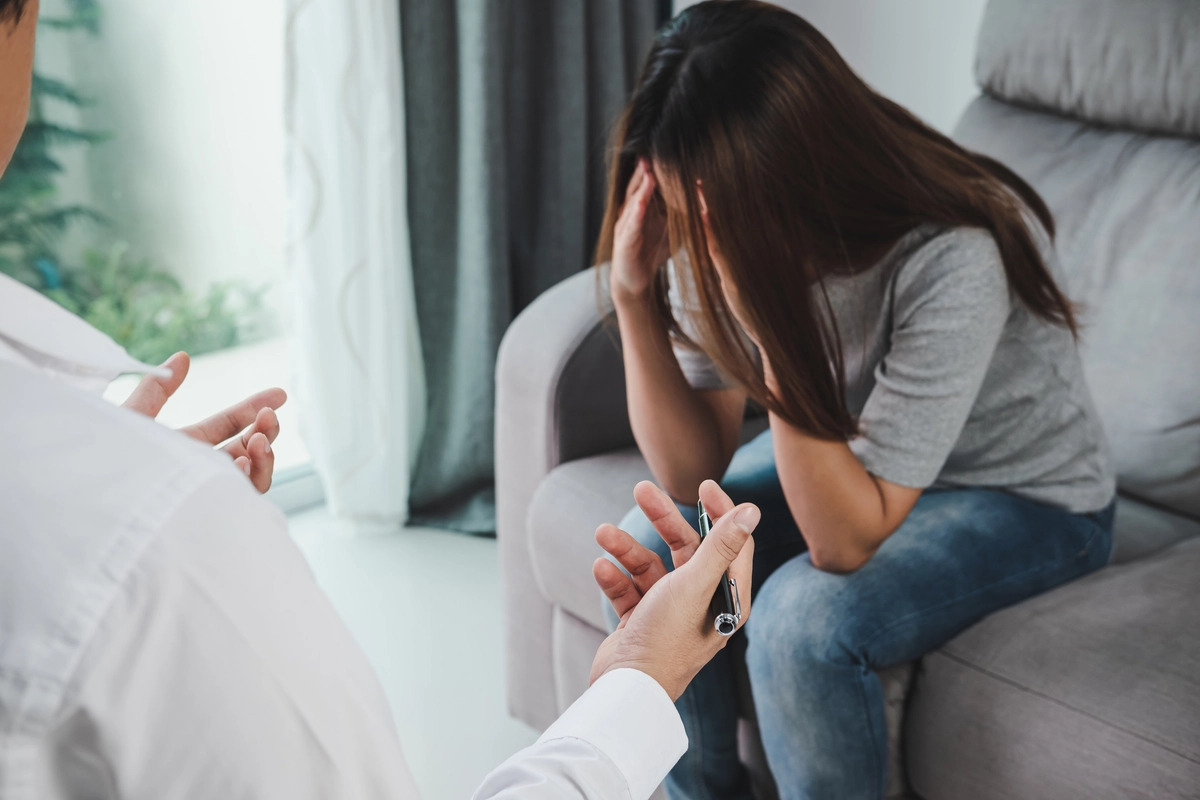24/7 Helpline:
(866) 899-221924/7 Helpline:
(866) 899-2219
Learn more about PTSD Treatment centers in Barney
PTSD Treatment in Other Cities

Other Insurance Options

Molina Healthcare
Beacon

Medical Mutual of Ohio

BHS | Behavioral Health Systems

Access to Recovery (ATR) Voucher

United Health Care

CareSource

Providence

Covered California

Highmark

Aetna

PHCS Network

Choice Care Network

Oxford

MHNNet Behavioral Health

Sutter

Excellus

Ambetter

Health Partners

Magellan





























